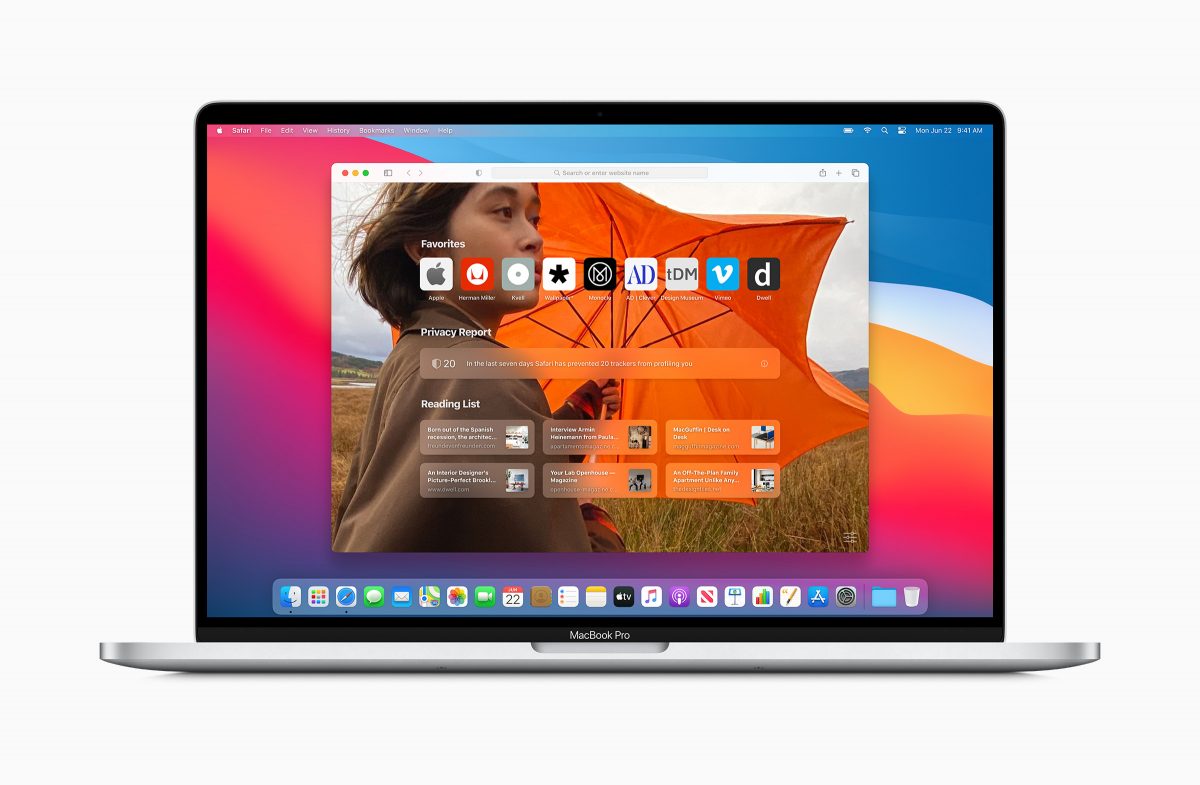CNET reports that Apple has come to an agreement with Google, Mozilla, and Microsoft to build universal browser extensions by reducing differences among web browsers. The discussion took place at the World Wide Web Consortium (W3C) that the tech giants will work together to offer browser extensions compatible with Safari, Chrome, Firefox, and Edge.
With updated Safari in macOS Big Sur, Apple offered a new design, and features like support for HDR videos and WebP images, stronger privacy, and more. In addition, the company also added support for Web Extension API for Safari on Mac which enables users to apply the same extension in various web browsers like Chrome and Edge.

Apple partners with tech companies to improve standards for extensions
As part of the WebExtensions Community Group, the tech companies aim to develop ‘standards for extensions’ to make the web experience more efficient and secure from malware. The platform provides engineers the opportunity to “build a unified and more secure core foundation for extensions”. As per the report, the group aims to make it easier to write extensions across platforms because they play an important role.
“We aim to identify common ground, bring [browsers] into closer alignment, and chart a course for future evolution,” community group members said of their goals. There’s not yet a public timeline for publishing a draft of the standard or building it into browsers.”
Extensions are crucial to browsers on PCs. The bits of software can block ads, integrate with password managers, strip out code that tracks you on the internet and find coupons as you put items into your shopping cart. One extension lets users replace photos of Donald Trump with cats.”

In this effort, Apple, Mozilla, and Microsoft will follow Google’s lead because Chrome is the most popular browser in the world.
The Chrome browser modernized extensions by adopting some of the same technologies, JavaScript and Cascading Style Sheets, used to display web pages. Firefox and more recently Safari have followed Chrome’s lead. Edge also tapped into Chrome’s extension when Microsoft adopted Chrome’s open-source Chromium technology.
At WWDC in 2020, Apple announced it was embracing Chrome’s extension approach in Safari, though significant differences in packaging extensions for Safari remain.
A unified structure is bound to make it easier for developers to offer extensions that will work across web browsers.
Read More:
- CEO Tim Cook introduces Apple’s new privacy features for Mail, Safari and Siri coming to iOS 15 and iPadOS 15
- Safari in iOS 15 and macOS Monterey features new design, Tab Groups and switches to HTTPS for compatible websites
- Apple’s new iCloud Private Relay puts VPNs to shame by strengthening browsing privacy – Report